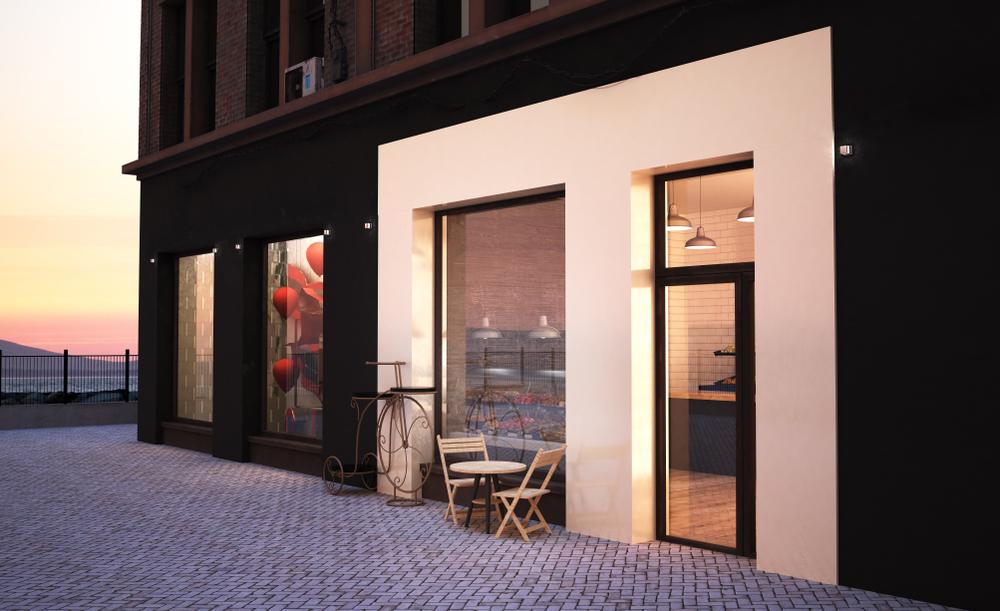Chain retailers Target, Kohl’s, and Nordstrom are partnering with third-party companies to expand in-store offerings and compete with online retailers. Target announced partnerships with Apple and Ulta, Kohl’s with Sephora, and Nordstrom with fitness startup Tonal.
These mini-stores, located inside of the main retailer, are beneficial for consumers and businesses alike. Mini-stores will allow retailers to expand their offerings in certain categories, and allow consumers to find a true one-stop-shop experience.
Target’s partnership with Apple is expected to launch with 17 mini-stores scattered across Targets in the United States. Apple’s mini-stores will expand Target’s in-house tech offerings and allow shoppers to interact with the latest Apple products. Unfortunately, consumers will still need to find a full Apple store for any repair services.
Mini-Apple Stores will provide specialized training to Target employees to help them answer questions and provide information about the latest Apple offerings. The stores will also help cater to customers who are increasingly avoiding shopping at malls and crowded shopping centers.
Target’s partnership with Apple came alongside an announcement of a partnership with Ulta. Ulta’s 1,000 square-foot mini-stores will carry drugstore cosmetics in addition to more expensive brands that are otherwise unavailable at Target. The mini-stores will help Ulta showcase their products to a budget-conscious audience and increase sales.
The most exciting feature of the new Ulta mini-stores is access to GLAMlab. GLAMlab is Ulta’s virtual makeup trial, that allows users to virtually test more than 4,000 different products. This software removes the need for in-store sample products that can contribute to the spread of Covid-19.
Target’s partnership with Ulta is similar to Kohl’s partnership with Sephora. Like Ulta’s mini-stores, Sephora’s stores will offer a wide range of cosmetic products that were previously unavailable at Kohl’s. 200 mini-Sephora stores are expected to launch in the Fall of 2021 in select Kohl’s stores and will replace the cosmetic company’s locations in JCPenney.
Kohl’s hopes that the additional cosmetic offerings will help attract younger customers and boost overall sales. By 2023, Kohl’s expects that there will be as many as 850 mini-Sephora locations, in addition to an online store that will launch later this year. The stores will launch with staff trained by Sephora and will provide many of the same services as full Sephora stores.
The mini-Sephora locations should also help the cosmetics company appeal to customers who avoid shopping in malls. Sephora is highly underrepresented outside of malls, and partnering with Kohl’s will allow the company to increase visibility among new demographics.
Nordstrom is another retailer that is taking advantage of mini-stores in their locations. Partnering with fitness startup Tonal, Nordstrom wants to increase in-store traffic and combat declining sales as a result of the Covid-19 Pandemic. Tonal offers customers a revolutionary home workout experience. The nearly $3,0000 home gym mounts to the wall like a TV and uses digital weights that are fully customizable to the user. The partnership between Nordstrom and TOnal will be beneficial for both retailers because they each cater to a high-end clientele.











